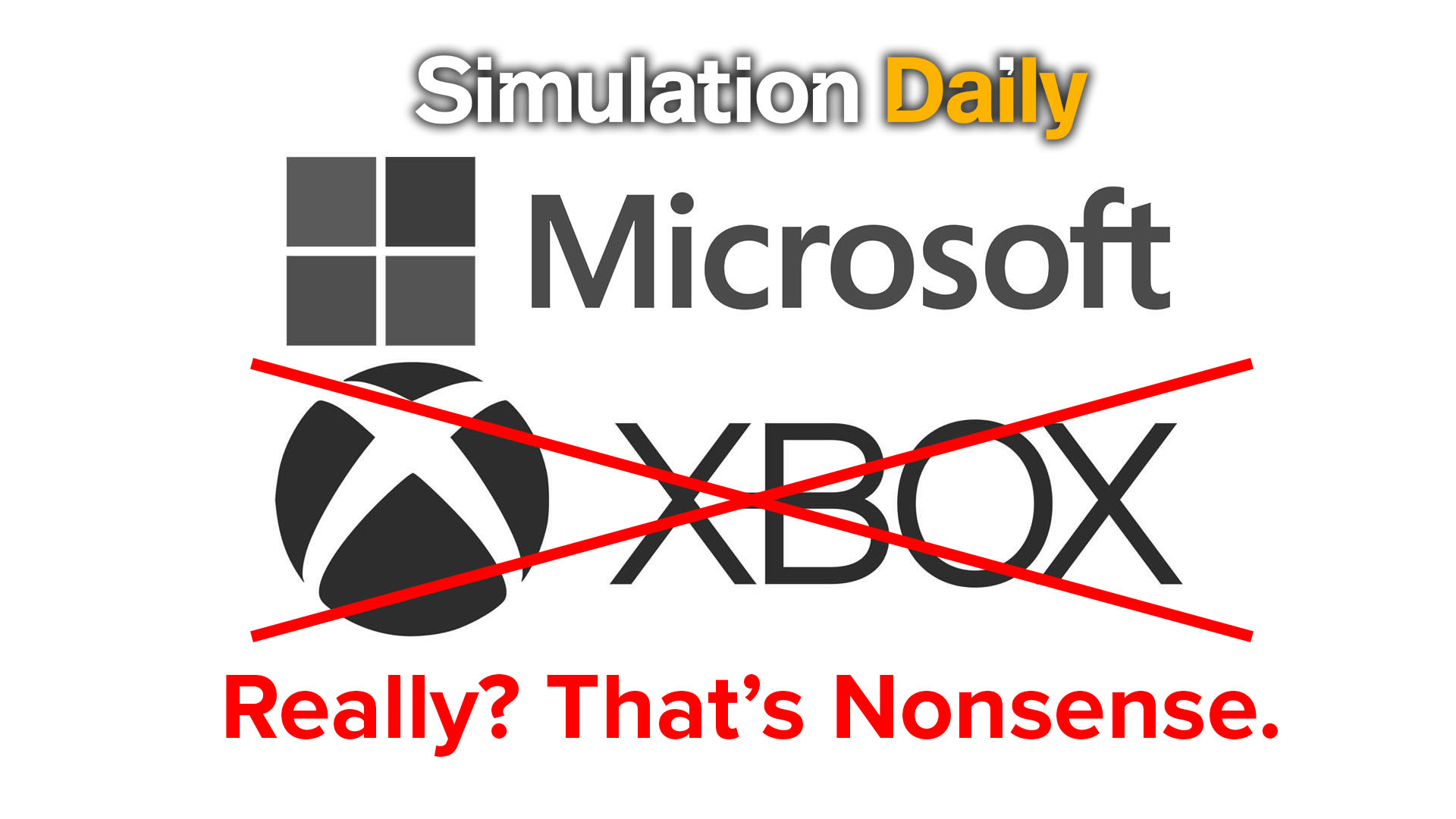Today the FTC intervened in the legal battle between Epic Games and Google that saw the latter found guilty of several antitrust violations focused on its Google Play Store.
Today the Federal Trade Commission filed an amicus curiae brief (basically, a document from a third party not directly involved in a case, but permitted to provide information or expertise pertinent to said case) to encourage the United States District Court for the Northern District of California to use its authority to make sure that Google doesn’t get away with “reaping the rewards of illegal monopolization while avoiding the costs of restoring the competition that they unlawfully eliminated.”
Back in December, Epic Games won a lengthy legal battle against Google, with a jury unanimously finding the company behind Android guilty of having created a monopoly on games and app distribution with its Google Play store and billing services.
Following the verdict, Epic Games proposed in April a permanent injunction including several remedies based on the following principles.
- Google must allow consumers to download apps from wherever they choose without interference, whether it’s from the Google Play Store, a third party app store, another app or the web.
- Google must allow consumers and developers to choose how they make and offer in-app purchases, free from anticompetitive fees and restrictions.
- Google cannot retaliate against Epic for challenging Google’s app store practices.
Google followed up by opposing the remedies, which it defined “good for anyone but Epic,” and then further elaborated in June, telling the court that Epic Games’ demands would require fundamental changes to the Play Store turning it from a store that distributes apps to a store that also distributes other app stores.
The company also argued that implementing the remedies proposed by Epic Games would be “very costly” and would take “a substantial amount of technical work and time to implement.”
Today’s brief by the FTC opposes the validity of that idea with a rather strongly worded rebuttal, mentioning that “complaints about the burdens of compliance are no excuse” and arguing that Google’s “monopolistic behavior has significantly harmed millions of users in the United States.”
The Commission encourages the court to adopt remedies that “stops the illegal conduct, prevents its recurrence, and restores competition lost due to the illegal conduct.”
Incidentally, the Commission voted to file the brief with 3 commissioners in favor, 0 against, and 2 who recused themselves.
The FTC has been pushing against big tech companies for quite a while and recently tried (without much success, so far) to block Microsoft’s Acquisition of Activision Blizzard, with final rulings still pending.
In the meanwhile, Google’s antitrust woes aren’t limited to the legal battle against Epic Games, with an American Judge ruling last week that the company has created an illegal monopoly with its ubiquitous search business.
If you’re interested in reading about further tech-related legal matters, you can check out our recent article about the class action filed by artists against the companies that created and used the Stable Diffusion generative AI tech.












